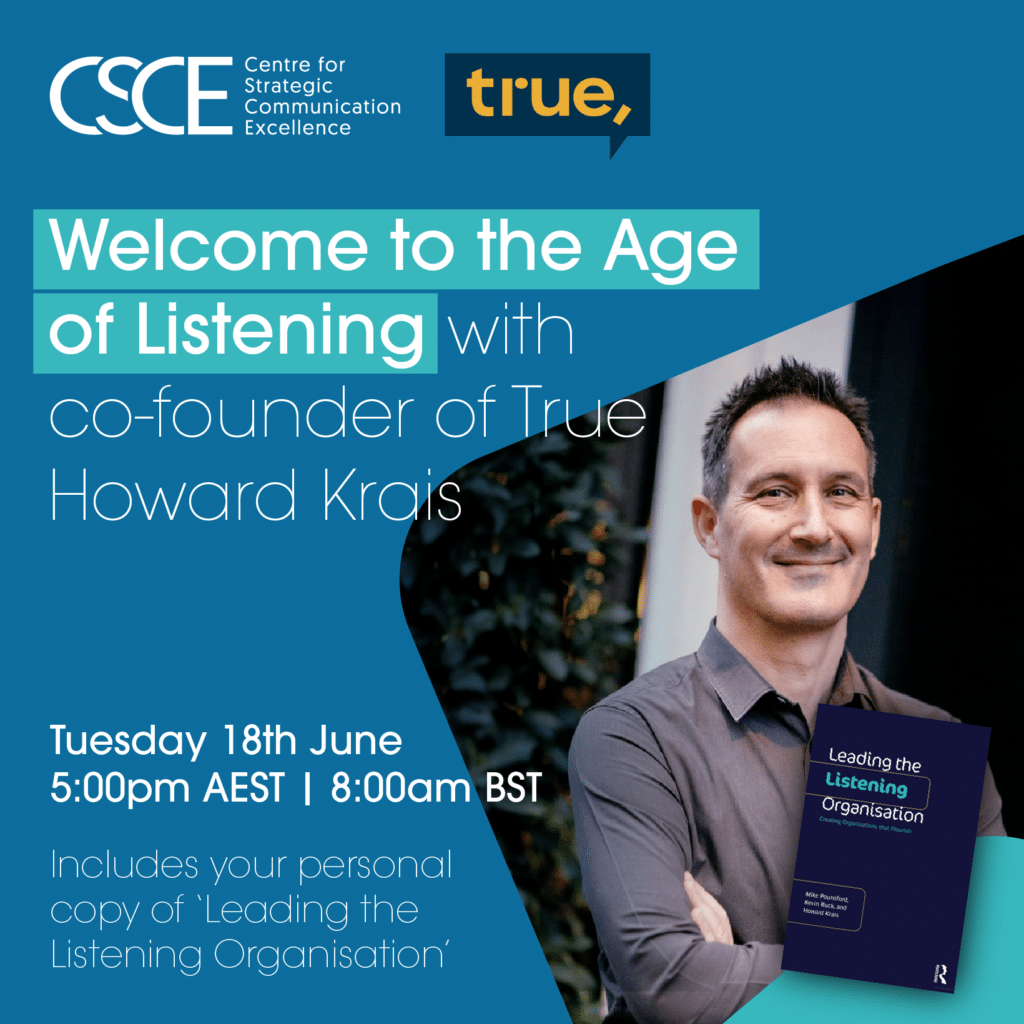A baby crying in his mother’s arms; an old man barely managing to put one foot forward; kids playing football close to a dump by the side of a derelict road; cattle and sheep grazing on the almost barren land to the side of the village – many of you have seen such images. Many of us, unfortunately, disregard the importance these images can play in the wider context of a crisis.
I was a child in 1984 when the world’s (still) largest industrial disaster happened – it didn’t happen in the West, nor did it happen in any of the developed countries at that time. It happened in one of the poorest regions of India and it will remain known in the history books as the Bhopal Disaster.
The official number of deaths exceeded 3,700 – the unofficial number is somewhere around 16,000: “Toxic material remains, and 30 years later, many of those who were exposed to the gas have given birth to physically and mentally disabled children”.
The loss of life that day was immense for the small communities of the Indian shanty towns built around the Union Carbide plant. Almost every person working there had at least four dependents: wife/husband, children, elderly parents. Their deaths stretched beyond their untimely demise – there were 570,000 victims of the disaster in total.
The toxic gas released in the atmosphere did more than claiming the lives of thousands – it killed livestock, children, women, dogs and cats. It contaminated the ground water and rendered the crops unusable. The humanitarian crisis reached an unprecedented level – the world was used humanitarian crisis brought on by wars, not by industrial accidents.
If I asked you what matters most in a crisis, you’d probably choose various versions of the public response (traditional and social media) or corporate recovery post-crisis. You’d be right but only from a strict financial perspective for the business.
In a crisis that involves loss of life and livelihood, nothing is ever more important than the community that has been impacted by that crisis. This goes beyond the duty of care that your client or employer may have, and way beyond the duty they have to shareholders, media and the like.
Today, more than ever before, no organisation can claim sustainability, care, social purpose or any of these often line items in a corporate mission or value statement, without actually caring for the community it impacts.
The Niger Delta is one of the most polluted regions in the world, with more oil spilled across the region each year than spilt in the Gulf of Mexico in 2010 (Macondo/Deep Water Horizon disaster). Nearly 80% of people living in Bodo region of Niger are fishermen, depending heavily on the Niger water. 69,000 people claim to have lost their livelihoods due to excessive oil spills and lack of environmental remediation.
“Shell, which admitted to spilling 14,000 tonnes of oil in 2009, works in partnership with the Nigerian government in the Delta, but argues that that 98% of all its oil spills are caused by vandalism, theft or sabotage by militants and communities and only a minimal amount by deteriorating infrastructure.”
For those of you who work in oil and gas, the stories surrounding the international oil companies and the negative impacts they sometimes had are notorious – from the oil drenched beaches of the Azeri Bibi-Heybat, to the derelict nodding donkeys of Mexico and Brazil, there is always one story to tell.
How we advise our clients and employers to interact and listen to the communities their activities impact depends on the delicate balance between stated care and actual care.
Peter Drucker argued that the “purpose of business is not to make profit, but to satisfy the needs and expectations of customers”. The community any business operates in, impacts or negatively affects is a potential customer of that business.
Furthermore, how would we ever be able to explain that doing bad is good and doing good is irrelevant? How can we advise a client to sponsor a lavish public event because it is “a good PR opportunity” when, for example, we know that people are dying or going hungry because of a series of actions we directly contributed to?
How about the “bad PR” these communities could bring if we fail to consider their importance in the stakeholder mix? It may come as a surprise to you, but the more deprived the area you’re going to have operations in, the more important the community relations are.
We all fall into the trap of government representatives, media gurus and influencers – we ascribe them, at times, a much higher value than we do to the cripple old man walking by your operation site with a stick, or to the woman carrying a basket of kindlings on her head.
These people, many of us and many of our employers consider irrelevant. In the big picture you may think they don’t count – they do; much more than you’d think. And they do count not because Greenpeace or another powerful NGO may take public action against what your client or employer does or claims it does.
They count, most of all, because just like we often say that our real selves come out when we interact with waiters, drivers and cleaners, the same happens with any corporation: all the contributions you make to utopic causes become pointless, all the money you raised for a variety of charities become irrelevant unless you can demonstrate that you also took care of the community you negatively affected or still affect.
Don’t wait for a crisis to happen before you invest – time, effort and money, if necessary – in the community relations. It’s too late then and all your efforts will be interpreted as a means of buying yourself out of the problem you caused or contributed to.
Get to know your communities – be they geographical or corporate. Sometimes, even the most detailed Stakeholder Map can be deceiving – you need to change it as new projects or operations happen. Who matters today, may not matter as much tomorrow.
If you were an investigative journalist working for Washington Post, The New York Times, CNN, Financial Times, the BBC etc., where would you “dig” first? Where would you go to find out whether your company’s or client’s value are true? In their offices in London or New York, or in the swamps of the Niger Delta or barren lands of India, Brasil and Mexico?
And the last point I want to make is this: always, always question your thinking and intervention priorities. Don’t think like a corporate nodding head – think like the journalist you fear most. Then you’ll know what you have to do.





